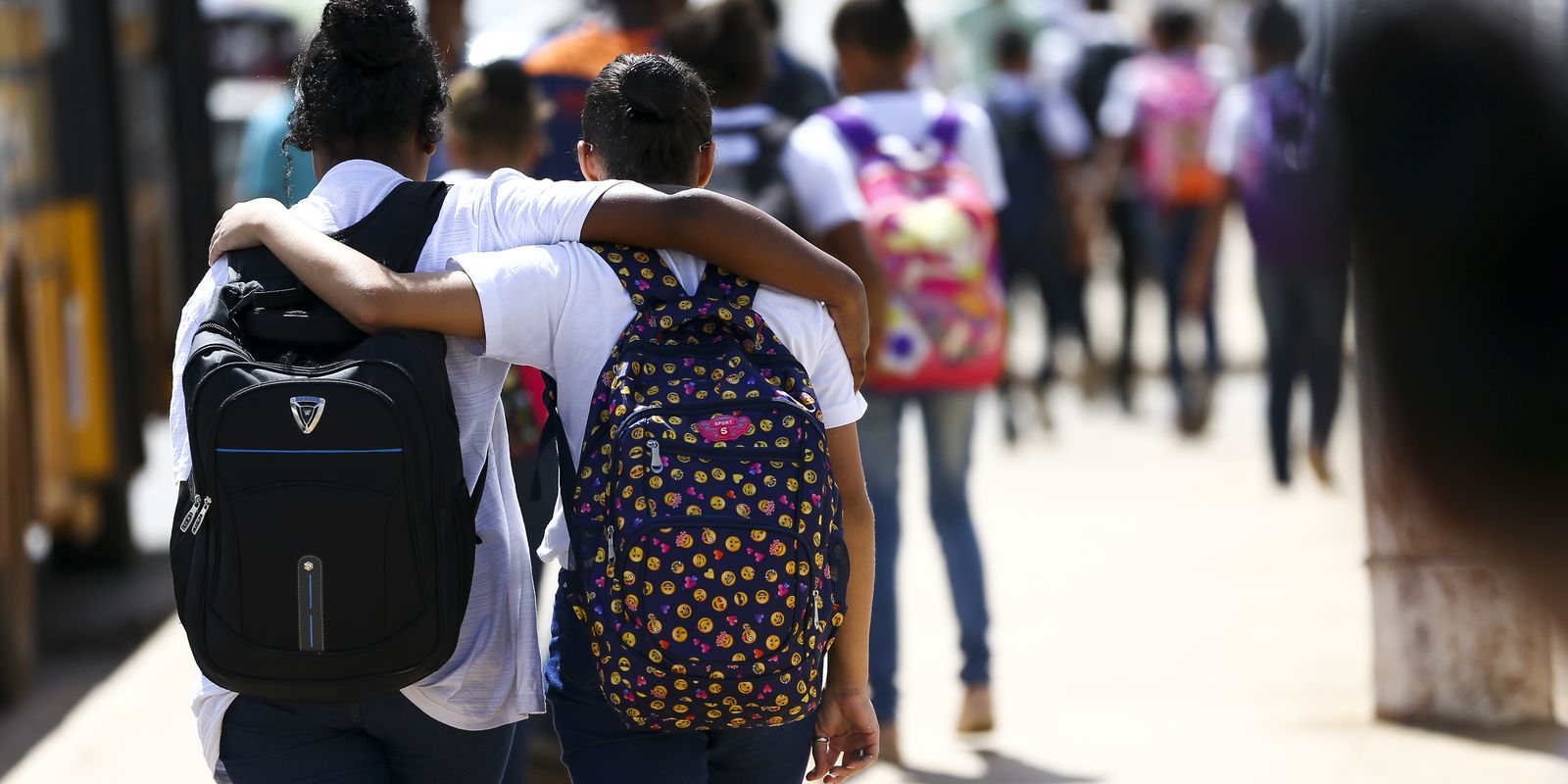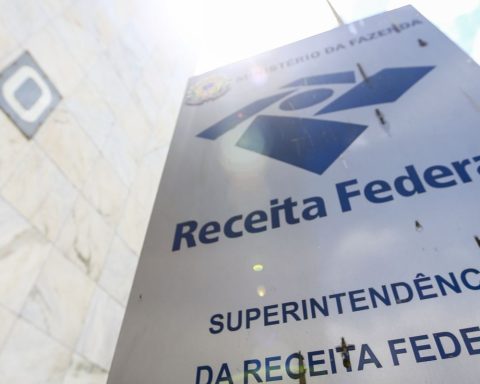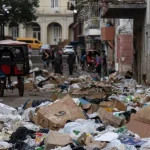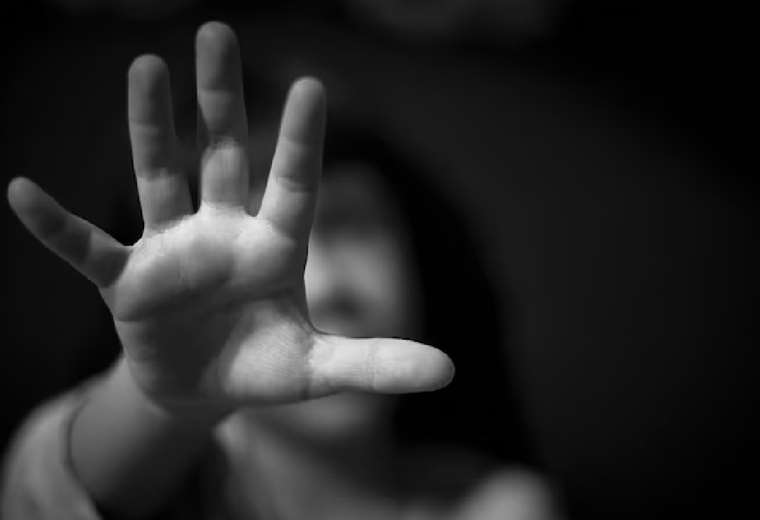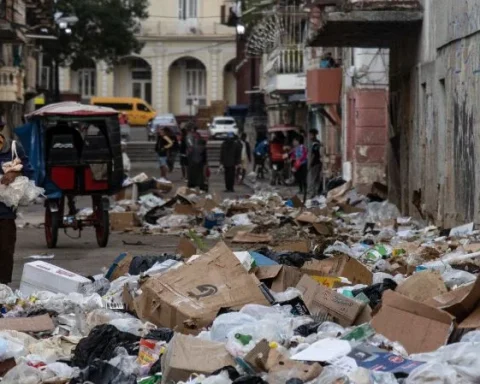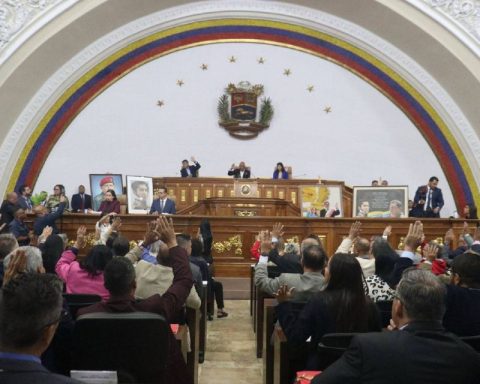Brazil has increasingly focused on a critical stage of education: the final years of elementary school. This stage ranges from 6th to 9th grade and is attended by students between the ages of 11 and 14. Studies show that this is a stage in which students face major changes in their lives, as they enter adolescence. They also generally move to larger schools and deal with more complex learning. This is a crucial period for students to complete their studies, until the end of high school.
Discussing how Brazil and other countries are dealing with ensuring quality education and what the main strategies are to combat grade failure and school dropout was the objective of the International Seminar Building a School for Adolescents, which took place this Tuesday (10) at the National Institute of Studies and Educational Research Anísio Teixeira (INEP) and was broadcast online.
The Deputy Executive Coordinator of the NGO Ação Educativa, sociologist and educator Edneia Gonçalves, highlighted that a central point in this discussion is to consider the role of education and schools in reducing inequalities in the country. “I believe that the social function of schools is to guarantee everyone the right to a school trajectory that produces and builds meaningful learning for people to continue their lives. However, this is not as simple as it seems,” she stated.
The data shows that not all Brazilians have the same educational and training conditions. The majority of those who end up failing or even dropping out of school without completing high school are precisely the most vulnerable population.
According to the Education Officer at the United Nations Children’s Fund (UNICEF) in Brazil, Júlia Ribeiro, black, brown, indigenous and quilombola populations and people with disabilities have higher school dropout rates than the white population.
“The need to go against destinies, which we accept as being natural, which those who live in situations of greater vulnerability will disapprove of, will become distorted [de idade em relação à série cursada] and will drop out of school. So, for this reason, we have to go against their fates because we cannot accept that these are the fates that these boys and girls have in their schools”, he highlighted.
In July of this year, the federal government launched the Strengthening Program for the Final Years of Elementary Education – Adolescent School Program, which aims to build a proposal for this stage that connects with the different ways of experiencing adolescence in Brazil, promotes a welcoming space and boosts the social quality of education, improving access, progress and the integral development of students.
The program brings together efforts from the Union, states, the Federal District and municipalities and provides technical-pedagogical and financial support, production and dissemination of thematic guides on the final years and financial incentives for schools prioritized according to socioeconomic and ethnic-racial criteria.
International comparison
The study Policy Dialogues in Focus for Brazil – International Insights to Strengthen Resilience and Responsiveness in Lower Secondary Education was launched during the event. Conducted by the Organization for Economic Cooperation and Development (OECD) and Fundação Itaú Social, the research provides an overview of the Brazilian scenario, makes comparisons with other countries and brings together successful Brazilian and international initiatives aimed at adolescents.
According to the study, most OECD countries view completion of upper secondary education (equivalent to high school in Brazil) as a minimum requirement for a fulfilling life. Thus, education systems must ensure that all primary school students progress to the next stage.
The data show, however, that no OECD country, not even Brazil, simultaneously meets three indicators considered important for good school performance: sense of belonging, disciplinary climate and teacher support. No country has all three positive indicators. The data is based on the responses of 15-year-old students themselves in the Programme for International Student Assessment (PISA) 2022.
Brazil ranks last in terms of sense of belonging and is also among the worst placed in terms of disciplinary climate in schools.
The study highlights some practices developed and applied in some countries as possibilities for improving the teaching stage. Among them, listening to students at different stages of public policy development on a regular basis and being proactive in making schools a place where students want to be.
The research also shows that students need help understanding where they are and where they can go with their education. This can motivate them to continue studying. To this end, practices such as building bridges between different stages of education and providing career information to those who need it most are cited.
Research call
To encourage studies aimed at the final years of elementary school and for adolescents, according to the director of Policies and Guidelines for Basic Comprehensive Education at the Ministry of Education (MEC), Alexsandro Santos, the ministry will launch, together with the Itaú Foundation, a research call to recognize, identify and strengthen good practices in teaching mathematics in the final years of elementary school.
According to the director, the notice, which is in the drafting phase, should be aimed at basic education teachers, research groups and civil society associations that have initiatives focused on this theme.
